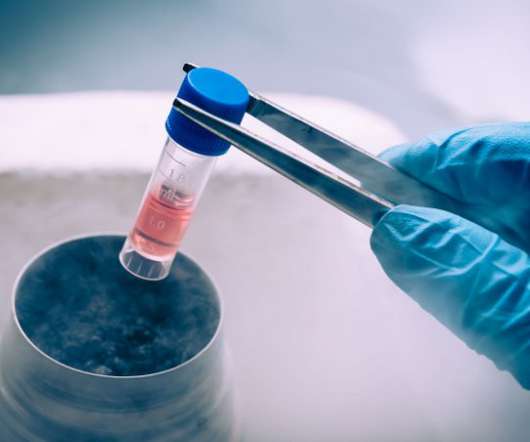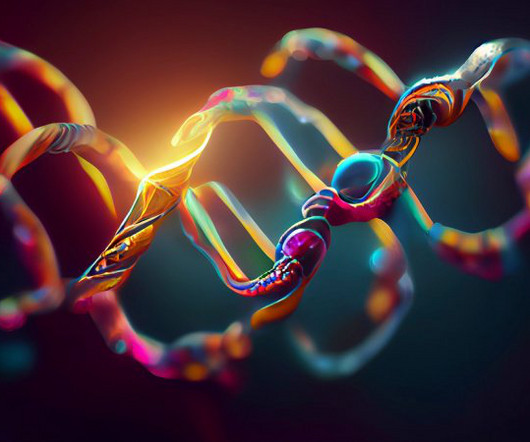Women in Science Who Have Paved the Way Forward in Genetics
XTalks
FEBRUARY 11, 2021
This has ushered in a new era of genomics that is fostering rapid, detailed and personalized insights into human genetics. Xtalks is celebrating the International Day of Women and Girls in Science with a special overview of notable female scientists who have made revolutionary contributions to the field of genetics.

















Let's personalize your content